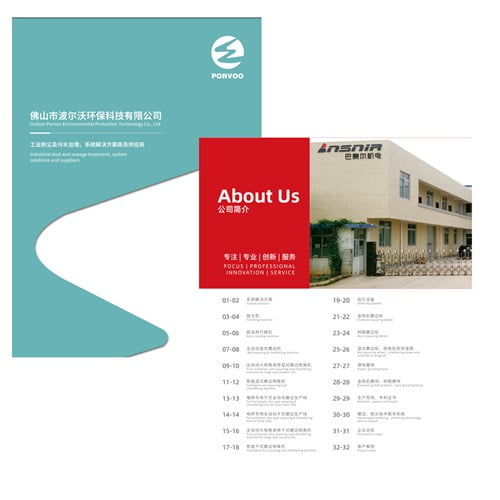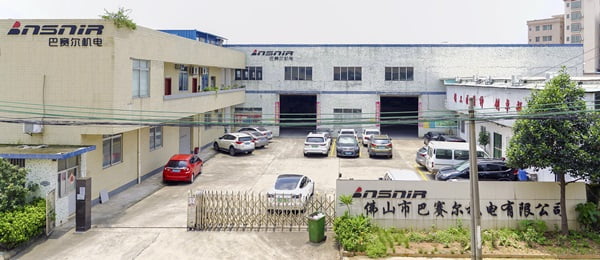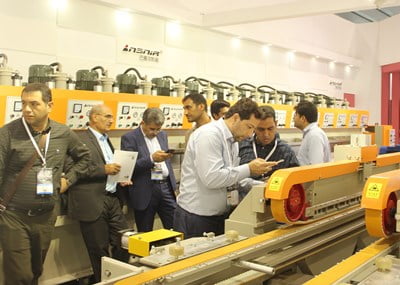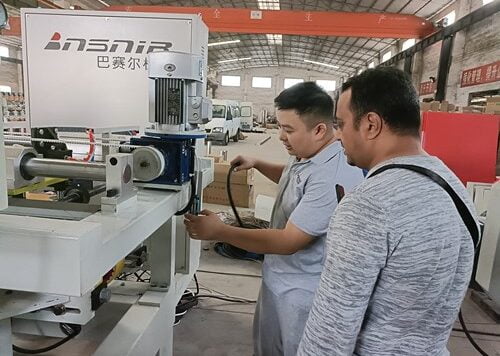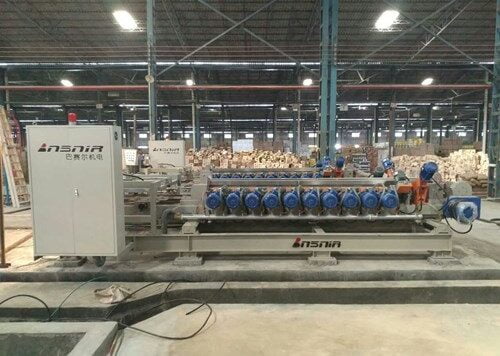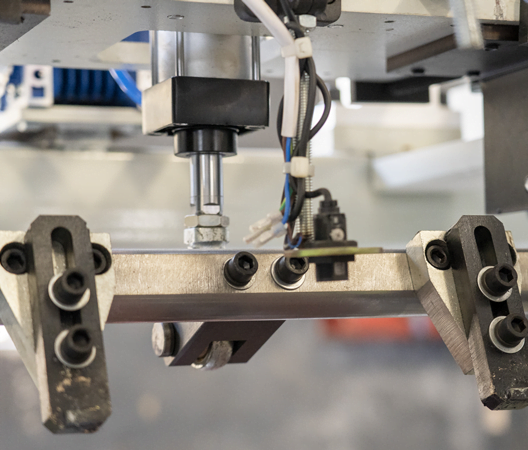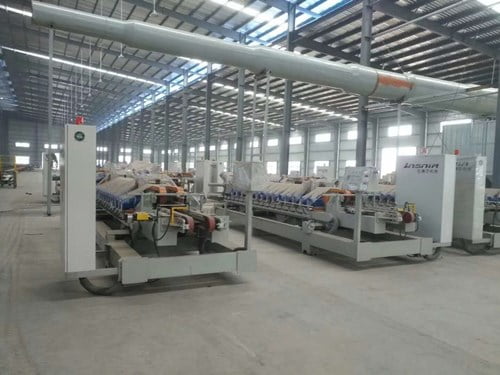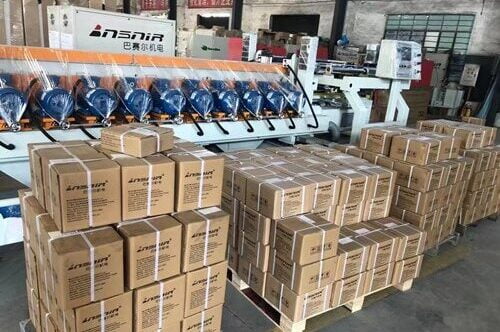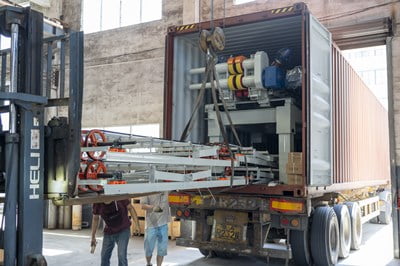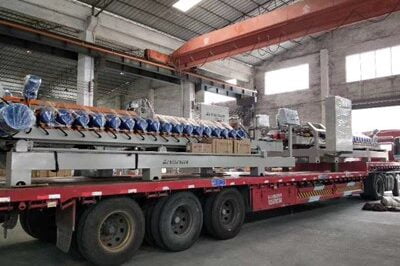W dziedzinie produkcji płytek ceramicznych precyzja, wydajność i jakość są najważniejsze. Jednym z narzędzi, które wyróżnia się w osiąganiu tych celów, jest tarcza do cięcia na sucho BASAIR. Oto kompleksowy przewodnik, który pomoże Ci zrozumieć funkcje, zalety i rodzaje tych innowacyjnych kół.
Co to są tarcze do cięcia na sucho BASAIR?
BASAIR Dry Squaring Wheels to specjalistyczne narzędzia ścierne zaprojektowane do modyfikacji i udoskonalania krawędzi płytek ceramicznych bez użycia wody. Takie podejście eliminuje takie problemy, jak wchłanianie wody, pleśń i przebarwienia, dzięki czemu idealnie nadają się do płytek o wysokim współczynniku absorpcji wody.
Kluczowe cechy tarcz do cięcia na sucho BASAIR
Wysoka wydajność
- Zaprojektowane do pracy przy dużych prędkościach i dużych obciążeniach, koła te znacznie skracają czas przestojów i konserwacji, zwiększając produktywność i obniżając koszty operacyjne.
Doskonałe wykończenie powierzchni
- Dzięki dużej sile szlifowania i doskonałej kontroli termicznej, tarcze do szlifowania na sucho BASAIR zapewniają delikatne i gładkie wykończenie powierzchni, wolne od odprysków glazury i czarnych krawędzi.
Dostosowanie i kompatybilność
- BASAIR oferuje niestandardowe formuły dla różnych rodzajów płytek i jest kompatybilny z różnymi liniami produkcyjnymi maszyn do cięcia płytek, w tym KEDA, ANCORA, BMR i PEDRINI.
Rodzaje suchych kół kwadratowych BASAIR
Poniżej znajduje się zestawienie różnych typów tarcz do cięcia na sucho BASAIR:
| Typ koła | Opis | Zastosowanie |
|---|---|---|
| BSR-01 | Ściernica do szlifowania zgrubnego o długiej żywotności, większej ostrości i dobrym odprowadzaniu ciepła. Wielkość posuwu: 1-2 mm. | Początkowy etap modyfikacji krawędzi płytek, odpowiedni dla płytek o niskiej absorpcji wody i wyższej twardości. |
| BSR-02 | Drobniejsza tarcza diamentowa używana w połączeniu z BSR-01. Wielkość posuwu: 0,5-1,5 mm. | Kontroluje zapadanie się glazury i zmniejsza zużycie kolejnych ściernic. |
| BSR-03 | Ściernica o spoiwie żywicznym do precyzyjnego szlifowania. Zapewnia gładką powierzchnię roboczą z minimalnymi śladami zużycia. | Procesy szlifowania dokładnego i naprawy |
| BSR-04 | Bardziej delikatny niż BSR-03, odpowiedni do szczegółowego przycinania. Wielkość posuwu: 0,01-0,1 mm. | Końcowe etapy udoskonalania krawędzi płytek |
Metody łączenia
Kółka do cięcia na sucho BASAIR są dostępne w dwóch podstawowych metodach łączenia:
Metal Bond
- Charakteryzują się wysoką twardością i odpornością na zużycie, są wytwarzane przez zmieszanie proszku miedzi z proszkiem diamentowym. Mogą być jednak podatne na ślady zużycia.
Spoiwo żywiczne
- Oferuje gładszą powierzchnię roboczą o niższej twardości, wykonaną przez zmieszanie materiału żywicznego z proszkiem diamentowym. Idealnie nadaje się do precyzyjnego szlifowania i zapewnia minimalną odporność na zużycie.
Kluczowe czynniki wpływające na wybór odpowiedniego koła
Wybierając tarczę do cięcia na sucho BASAIR, należy wziąć pod uwagę następujące czynniki:
Materiał płytki
- Różne materiały, z których wykonane są płytki, wymagają różnych typów tarcz do cięcia. Twardsze materiały mogą wymagać kół z zębatymi lub segmentowymi obręczami, podczas gdy bardziej miękkie materiały mogą być skutecznie cięte za pomocą kół z ciągłymi obręczami.
Pożądane wykończenie
- Wykończenie, jakie chcesz uzyskać na płytkach, będzie miało wpływ na wybór. Aby uzyskać gładkie, wysokiej jakości wykończenie, idealne są tarcze z ciągłą obręczą. Aby uzyskać bardziej agresywne cięcie, należy rozważyć tarcze zębate lub segmentowe.
Prędkość produkcji
- Wysokoobrotowe linie produkcyjne korzystają z tarcz segmentowych ze względu na ich większą prędkość cięcia i lepsze możliwości chłodzenia. Koła z obręczami ciągłymi lepiej nadają się do wolniejszych, bardziej precyzyjnych zadań cięcia.
Warunki środowiskowe
- Należy rozważyć, czy tarcze prostujące będą używane w środowisku suchym czy mokrym. Tarcze do cięcia na sucho BASAIR nadają się do pracy na sucho bez chłodziwa.
Wnioski
Kółka do cięcia na sucho BASAIR to przełom w branży produkcji płytek ceramicznych. Dzięki wysokiej wydajności, doskonałemu wykończeniu powierzchni i opcjom dostosowywania, koła te zapewniają precyzję i jakość produkcji płytek. Niezależnie od tego, czy masz do czynienia z płytkami porcelanowymi czy ceramicznymi, BASAIR ma idealne rozwiązanie, aby zwiększyć wydajność i jakość produkcji. Zainwestuj w tarcze do cięcia na sucho BASAIR i poczuj różnicę w procesie produkcji płytek.

